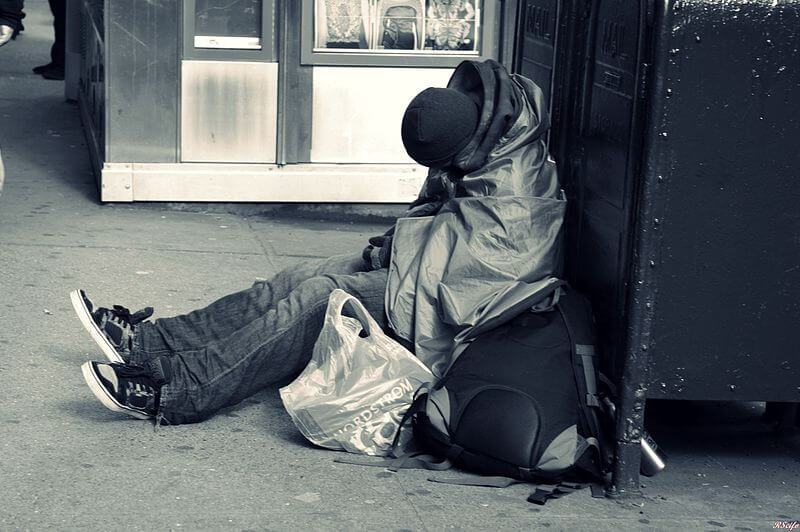The thinking around the Capitol is that any problem can be solved if you just spend enough money. Which is why homelessness seems so baffling. How come the more we spend, the worse the problem gets?
Just look at the streets of Bellingham, and you’ll see what I mean. Or Seattle, Olympia and Spokane. Even the Democrats who hold majorities in the House and Senate have to admit homeless policies in some of our state’s largest cities are failing. But they don’t have any better ideas, so one of our biggest debates this year is whether to spend hundreds of millions more to help them continue to fail.
Can we turn this around? Of course we can. But first we have to admit what we are doing isn’t working. Our cities need to stop confusing tolerance with compassion. And in Olympia, we need to stop enabling their failure. Let me tell you what I mean, with a four-point plan that can make a difference.

The Morning Wire: Keeping you informed on politics, policies, and personalities of Washington State.
Spend less, not more. Right now, the state spends $625 million every two years on homelessness, and we’re being asked to spend $300 million more. But state spending is just the start. When all costs are considered, public and private, the Puget Sound Business Journal tells us King County alone spends over $1 billion annually. Many of these programs are worthwhile. But programs aimed at serving those on the street, rather than getting them off the street, are not the answer. We should look to communities that are achieving success, and implement their solutions statewide. We should empower community non-profits and church groups to continue their efforts, and must remember that government-subsidized housing is often the most expensive option.
Enforce drug and vagrancy laws. Many of our larger cities are trying to be sensitive to those who choose “alternative lifestyles.” Even if those lifestyles mean tent cities in the heart of town, human waste in the streets, harassment of passersby for small change, the misery of drug addiction and criminal behavior to support it. Their thinking is that if the homeless choose not to enter treatment programs and utilize other services that require them to change their behavior, who has the right to tell them otherwise? We certainly do, and the laws we already have on the books give us the tools we need.
Secure our borders and assist federal immigration-enforcement agencies. We need to stop the drain on our social services and end government-sanctioned efforts to flout immigration laws. This is as much a law-enforcement issue as a social-service issue, and it is a problem we cannot ignore.
Get people the help they need. Shelter and treatment should be available for all who play by the rules – and we need to make it clear there are consequences if they do not.
Some local governments are achieving great success with “tough love” programs. In places like Marysville, Burien and Pierce County, social workers accompany police to homeless camps. They make an offer the homeless can’t refuse. Enter treatment, utilize our services, follow the rules – or you can count on us to enforce our laws. But you can’t stay here. Then they follow up on the promise, with jail time.
Many accept the offer. Others take their tents to cities that shrug and enable them to carry on. That’s their problem, not the state’s, and we can leave it to their voters to decide if that is the leadership they want. Activists are trying blame high rents and free enterprise for what is really a breakdown of civilized conduct. This is nonsense. Rather than building enormous bureaucracies with an interest in ensuring the problem continues, we need to say this stops now. This is what real compassion is all about.
Your support matters.
Public service journalism is important today as ever. If you get something from our coverage, please consider making a donation to support our work. Thanks for reading our stuff.



